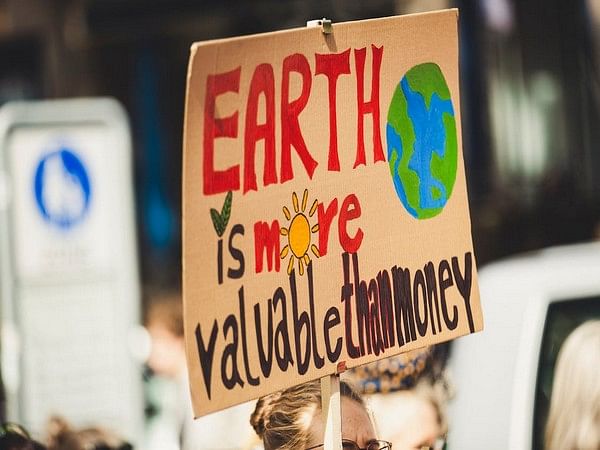Waterloo (Ontario) [Canada], May 31: Researchers found that equity and justice are frequently listed as objectives in municipal climate action plans, but discussion of these ideas is mainly rhetorical. A new study from the University of Waterloo described how planners can bridge the gap and confront the current state of climate change and social injustice.
The study was published in the journal, Planning Theory and Practice.
According to the study, it is crucial to create community engagement and public consultation processes that actively involve the most vulnerable groups most adversely affected by climate change. The questions that are posed and the potential answers and alternatives that are up for discussion are changed due to broadening the area of knowledge we take into account when discussing climate change.
“The urban governance community is not as explicit as it should be about the need to prioritize vulnerable residents during decision-making processes about climate change,” said Kayleigh Swanson, PhD candidate in Waterloo’s School of Planning. “Consequently, the voices of people experiencing various forms of oppression are largely excluded from so-called participatory climate action planning processes.”
In pursuing participatory methods, the study advises practitioners to keep four actions top of mind: consistently modifying strategies, designing collaborative spaces that recognize various ways of knowing, addressing the gap between what is said and what is done, and attending to the underlying social processes that drive vulnerability to climate change.
“Challenging the status quo is not an easy task, but the evidence shows that climate actions are more effective if they are designed and implemented with engagement by local actors,” said Dr Mark Seasons, professor at Waterloo’s School of Planning. “Urban governance actors can influence the conditions that determine whether people can participate effectively and help to frame important issues being considered by decision-makers.” (ANI)
This report is auto-generated from ANI news service. ThePrint holds no responsibility for its content.



